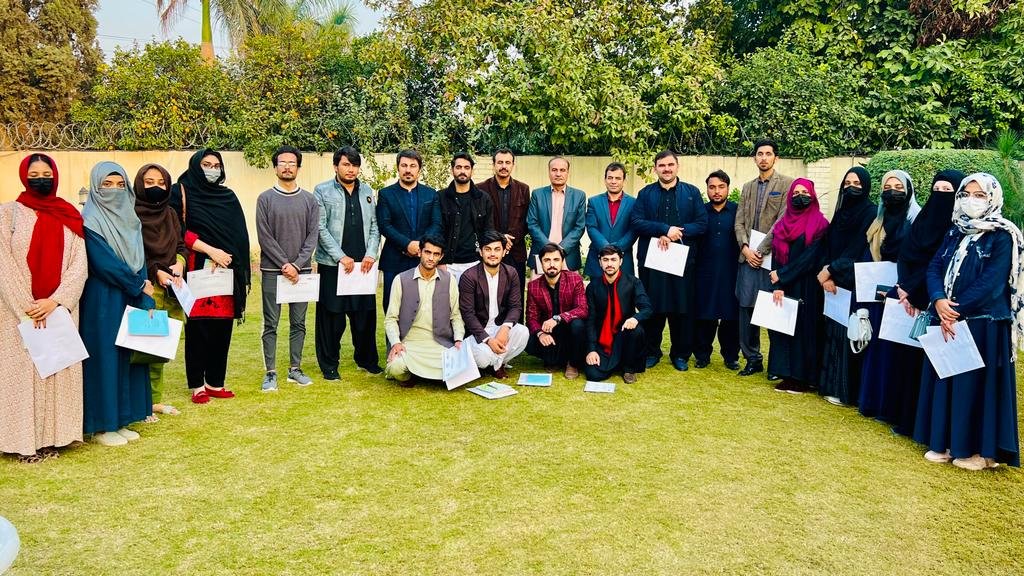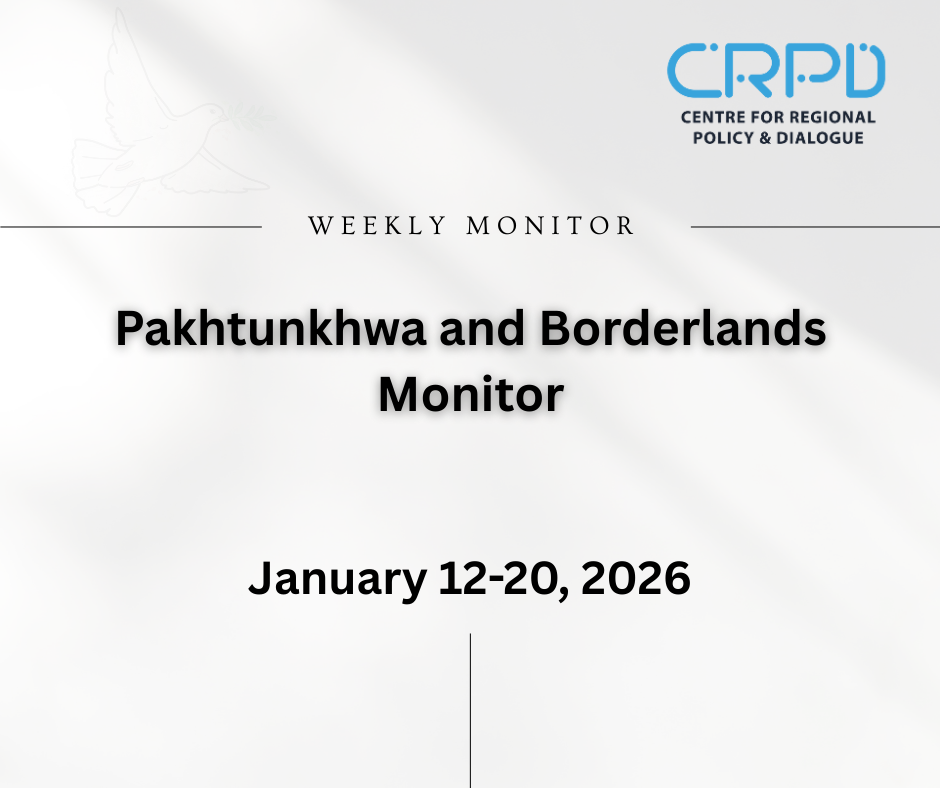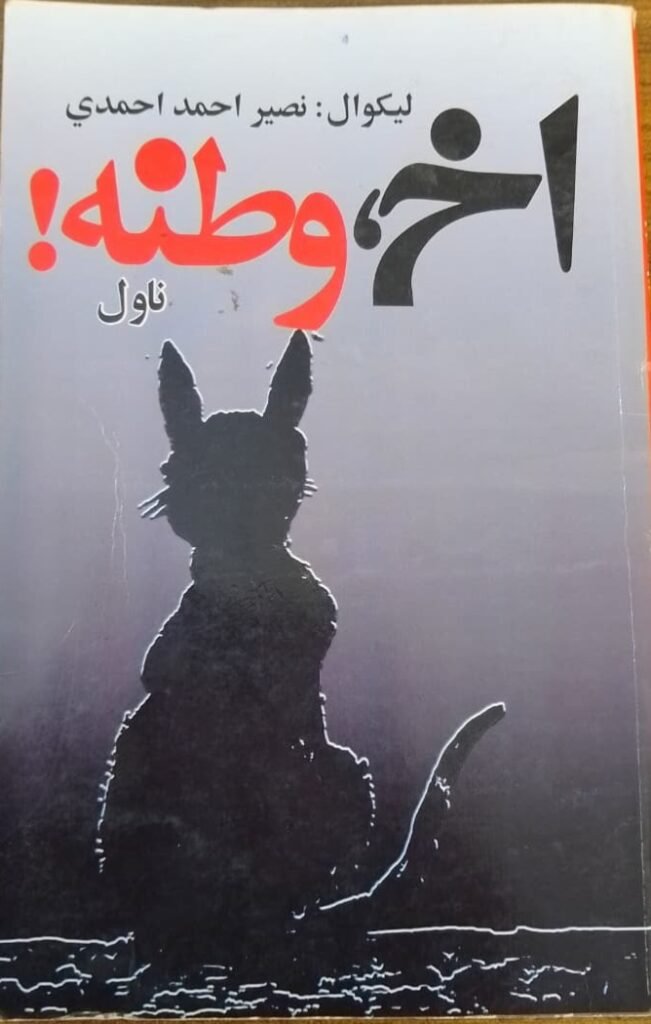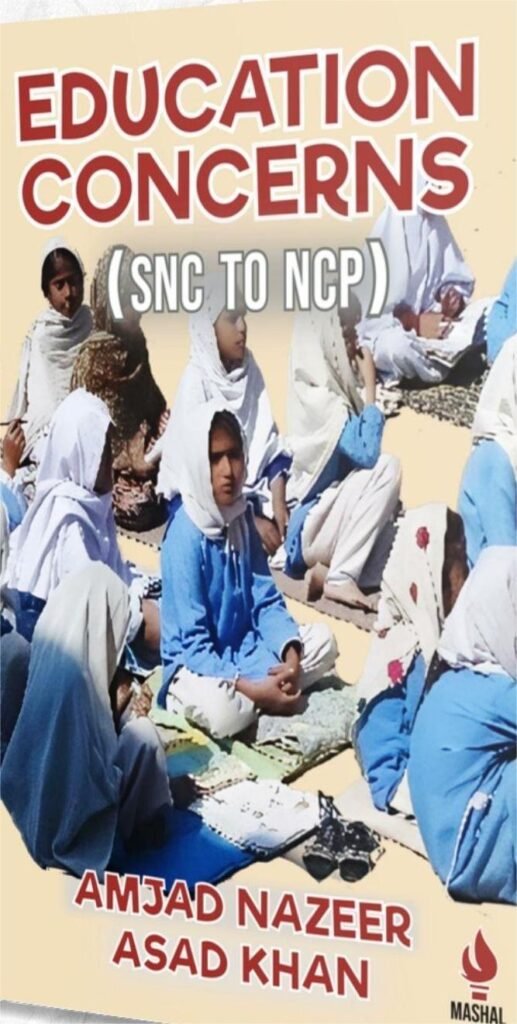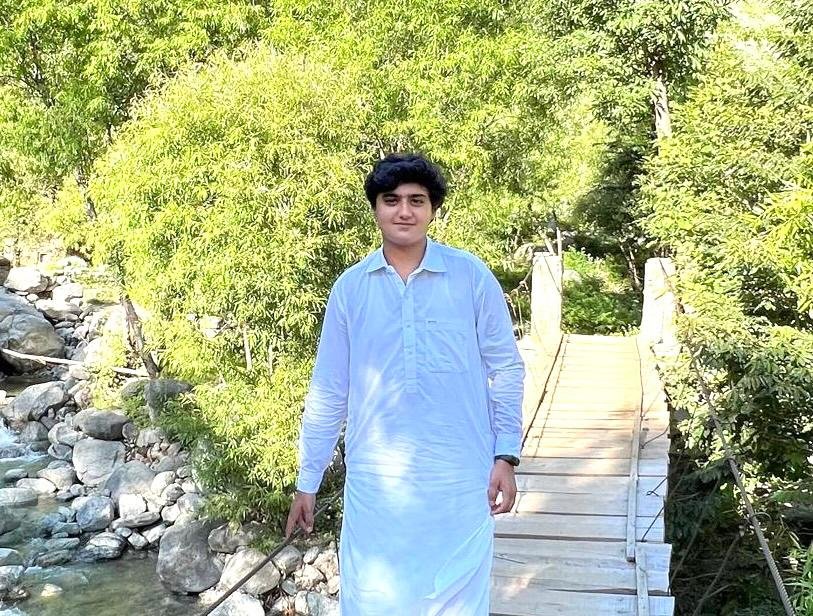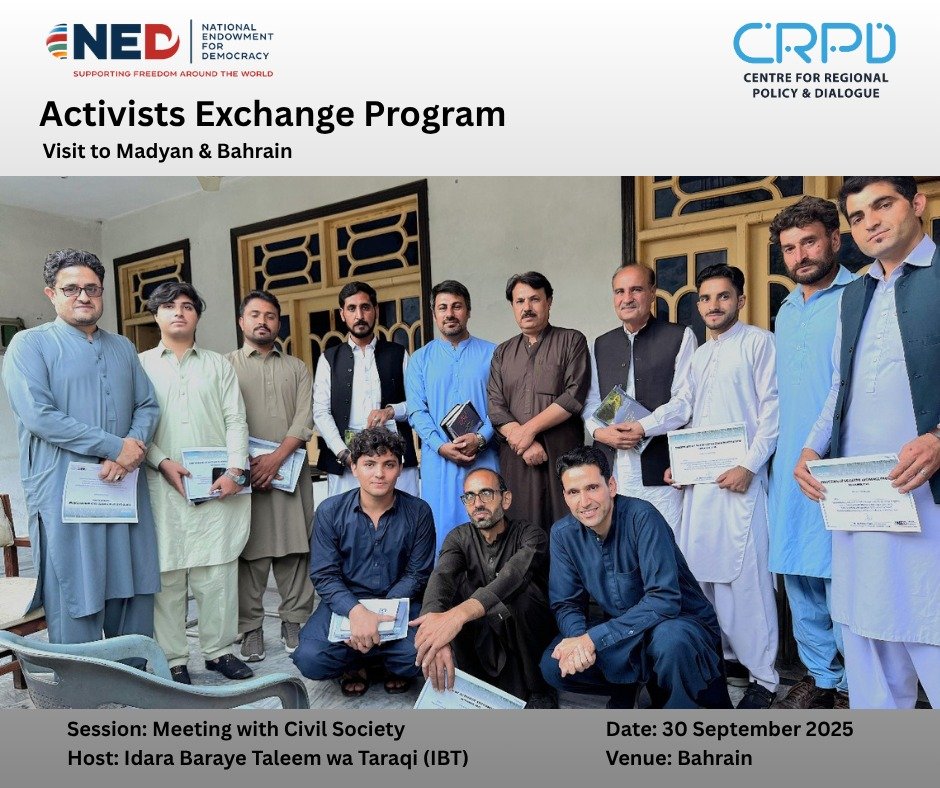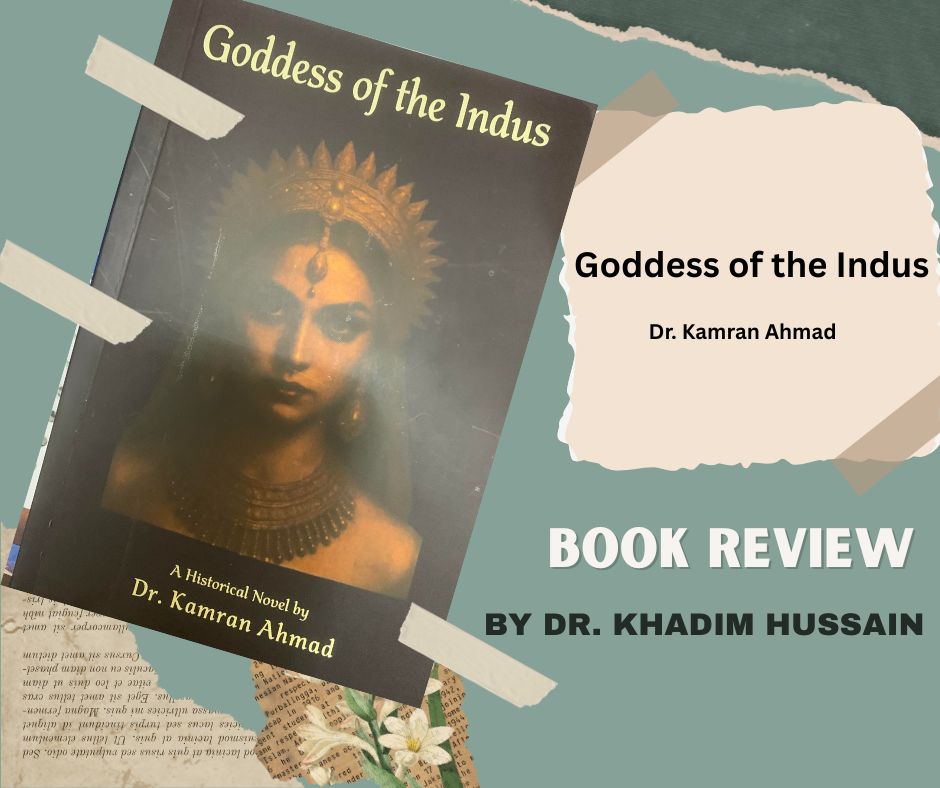KKF and CRPD collaborated to conduct a comprehensive three-day capacity-building training for activists in Khyber Pakhtunkhwa. The training, which took place from December 7th to 9th, focused on the theme of “Political Mobilization and Connectivity of Youth Activists in Khyber Pakhtunkhwa.” The venue for this empowering session was the Royal Club Guest House in University Town, Peshawar. Participants engaged in discussions, group activities, and interactive sessions, aiming to enhance their skills and foster a stronger network of youth activists dedicated to making a positive impact in the region.

Mr. Mehran Wazir
Project Director KKF
Mehran Wazir
The training started with a detailed introduction of every participant which is one of the main segments of the training module. The introduction includes discussion on participant’s activism in their respective fields and areas. Mr. Mehran Wazir, the Project Director, initiated the training by facilitating participants’ introductions. The attendees hailed from diverse districts of Khyber Pakhtunkhwa, including Bajaur, Kurrum, Orakzai, Khyber, Mohmand, Karak, Bannu, Lakki Marwat, South Waziristan, North Waziristan, Peshawar, and Swat. The majority of participants were active in social and political spheres in their respective districts, contributing to a rich and varied mix of experiences. Throughout the three-day training, participants shared their insights and activism stories within the context of the aforementioned regions. A notable commitment emerged as participants pledged to contribute articles and commentaries for the [www.crpdpk.com] website, the online platform of the Centre for Regional Policy & Dialogue (CRPD), a project of KKF. Additionally, participants enthusiastically shared their training experiences on their social media accounts. The training sessions featured a blend of lectures, presentations, debates, discussions, and engaging group activities. Certificates were later distributed by KKF and CRPD to acknowledge the participants’ active involvement and successful completion of the training.

Dr. Khadim Hussain Dr. Khadim Hussain
Provincial Cultural Secretary Khyber Pakhtunkhwa, Awami National Party
Dr Khadim Hussain
Dr. Khadim Hussain gave an interesting talk, where he explained about political parties and talked a lot about the Khudai Khidmatgar movement. He went back in time to when the British ruled India, and he shared how Bacha Khan, also known as Abdul Ghaffar Khan, did a great job bringing together the Pashtun people. Bacha Khan and the Khudai Khidmatgar movement had a tough time during that period, but they did some important things like starting Azad schools for Pashtuns.
In addition to educational initiatives, Bacha Khan laid emphasis on the recognition and respect of professions that were neglected traditionally. Such as butchers, tailors, shopkeepers, and hairdressers were acknowledged for their contributions to society.
After Pakistan gained independence, the Khudai Khidmatgar movement had a tough time and was banned in mid-September 1948. This was a very important moment for the movement. Dr. Khadim Hussain also talked about the Babrra massacre, where over 600 peaceful protesters were killed in a village near Charsadda. It’s one of the worst incidents of civilian killings in a single day in the country’s history, carried out by the Police and the Frontier Constabulary.
Dr. Khadim Hussain explained more about what happened next in politics, talking about how the National Awami Party was created and changed over time. He then talked about the start of the Awami National Party and how it played a big role in changing things for the Pashtun community socially and politically.
Bacha Khan’s multifaceted contributions extended beyond politics to the economic upliftment of Pashtuns. He played a crucial role in shaping the Pashtun economy and fostering community development. Notably, Bacha Khan’s initiatives included the establishment of media magazine and outlets to amplify the Pashtun voice and his significant contributions to Pashtun theater, where impactful dramas were created to address societal issues.
The essence of Bacha Khan’s enduring impact on Pashtun society, education, politics, and culture remains a crucial aspect of understanding the historical landscape in the region.

Dr. Anwar Aurakzai
Senior lecturer at Higher Education Department Khyber Pakhtunkhwa
Dr Anwar Orakzai
He discussed the significance of language, emphasizing that nations losing their language also lose their identity in the world. He highlighted the diverse nature of language, explaining that each language encompasses literature, music, poetry, traditional knowledge, and ancestral stories. He expounded on the importance of language in contributing to society. In detail, he described the Pashto alphabet, noting that it comprises 45 letters. He also highlighted the alphabets shared by Pashto, Arabic, and Persian, and delved into the alphabetical distinctions among them. The discussion extended to how certain alphabets in Pashto can be used to denote and relate to different contexts in Pashto. Additionally, the session touched upon major confusions in Urdu literature. Overall, it was an enlightening session that provided participants with a deeper understanding of the importance of language.

Dr. Shah Nawaz
Political activist & Lecturer, Islamia College Peshawar
Dr Shah Nawaz
Dr. Shah Nawaz addressed the political systems, legal and constitutional framework of Pakistan, democracy, and federalism in his session. He initiated the discussion by addressing a misconception about ‘Pakistan as a Nation,’ asserting that Pakistan is not a singular nation but a composite of various nations, including Punjabis, Sindhi, Pashtun, Baloch, Saraiki, totaling approximately 24 crore people in the country. Furthermore, he delved into the relationship between democracy and federalism, emphasizing democracy as a system where people own themselves, and the government is formed through the representation of the people’s will, as opposed to rule by force and dictatorship. Dr. Shah Nawaz highlighted the involvement of people’s decisions in government discussions in a democratic setup. He specifically addressed the 18th amendment in Pakistan, focusing on the autonomy of provinces and the decentralization of power. Considering Pakistan’s diverse composition, he underscored the necessity of a strong federation, drawing on the experiences of other nations in the world. The session also touched upon the importance of the constitution in a country, Dr. Shah Nawaz detailing major violations against the constitution through martial laws in Pakistan. Additionally, he discussed constitutional articles related to resource allocation. The session, led by Dr. Shah Nawaz, proved insightful, concluding with a question-and-answer segment with the participants.

Dr. Riaz Hussain
Assistant Professor, Department of English Islamia College Peshawar
Dr Riaz Hussain
The main point of his discussion centered around linguistic pluralism and linguistic imperialism. He defined linguistic imperialism as the imposition of one language on speakers of other languages, also known as linguistic nationalism, linguistic dominance, and language imperialism. While the global expansion of English is often cited as a prime example of linguistic imperialism, he highlighted the unique perspective within the context of Pakistan. In this context, He said multilingualism is viewed as a challenge to the national unity of Pakistan further he explained it is a very wrong narrative, this approach is as a force that erodes regional languages. The younger generation, in particular, is experiencing a loss of their native languages. According to Ethnologue, Pakistan is home to 74 languages, but a significant number of them are endangered. Furthermore, he delved into the concept of pluralism, emphasizing that it involves the acceptance of cultural, political, and religious diversity, fostering an inclusive environment for people.
Languages of Pakistan (Census 2017)
- Punjabi (38.78%), Pashto (18.24%),
- Sindhi (14.57%), Saraiki (12.19%),
- Urdu (7.08%),
- Balochi (3.02%),
- Hindko (2.44%),
- Brahui (1.24%),
- Kashmiri (0.17%)
- Others (2.26%)
Dr. Riaz discussed the dominance of Urdu over other languages in the region, specifically focusing on Khyber-Pakhtunkhwa. He highlighted the initiative taken by the Awami National Party (ANP) during its tenure in the region. The ANP-led government in Khyber Pakhtunkhwa passed the Khyber Pakhtunkhwa Promotion of Regional Languages Authority Act in 2012. This Act aimed to establish a regional languages authority (RLA) to promote regional languages not only in educational institutions but also to provide support for the publication of dictionaries, encyclopedias, reference books, scientific literature, and periodicals (Section 6 subsection 2-c). Additionally, it emphasized the translation of technical terms in science, home economics, humanities, and commerce subjects (Section 6 subsection 2-d). he concluded his session on Benefits of Multilingualism and Multiculturalism People who speak more than one language: are more intelligent, experience lesser dementia, have a better understanding of social justice and cultural diversity, are more tolerant and less judgmental, are more critical and creative, have multitasking abilities, lesser social and political tensions
Group Activity:




Presentations




Certificate Distribution Ceremony








